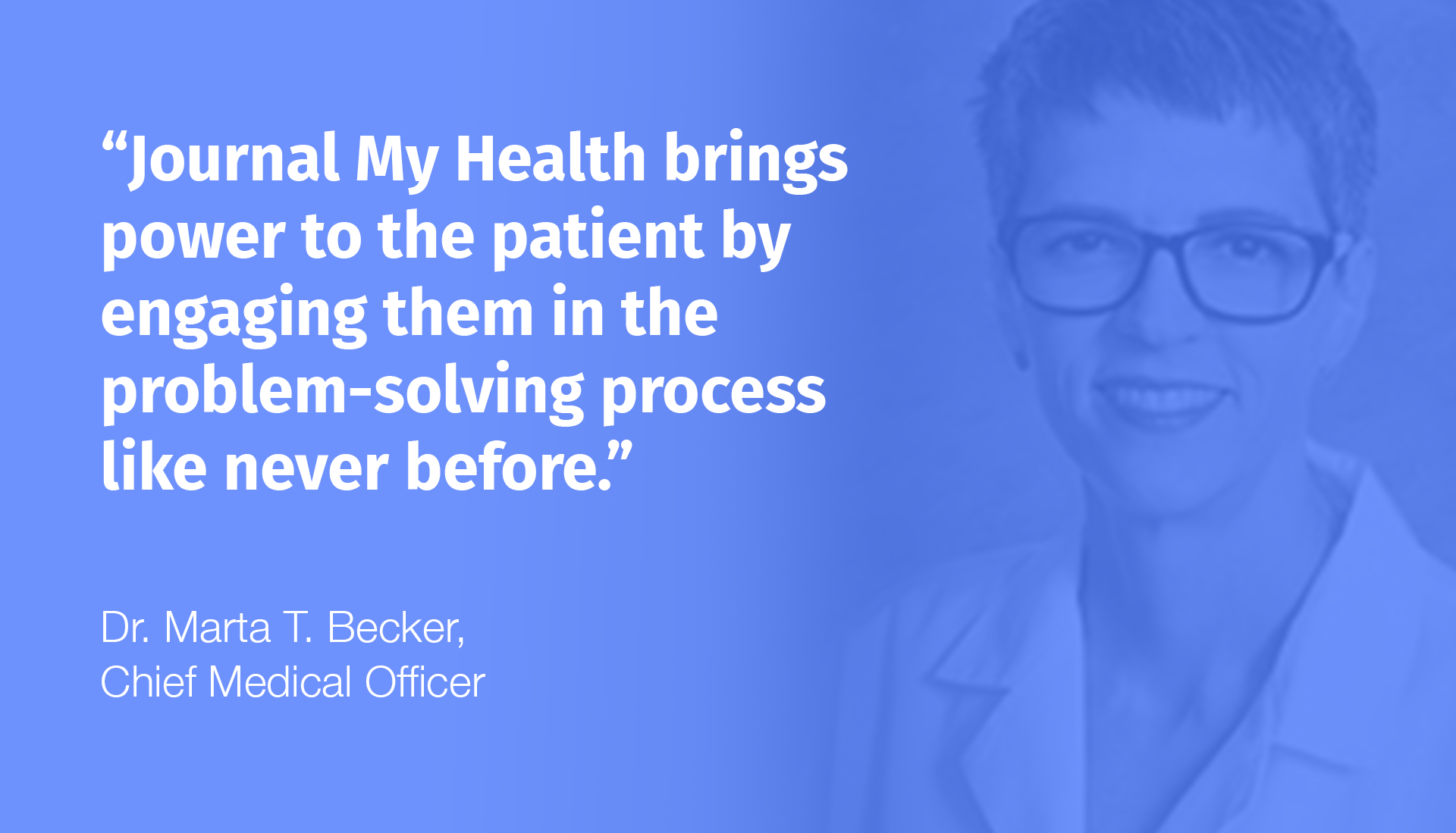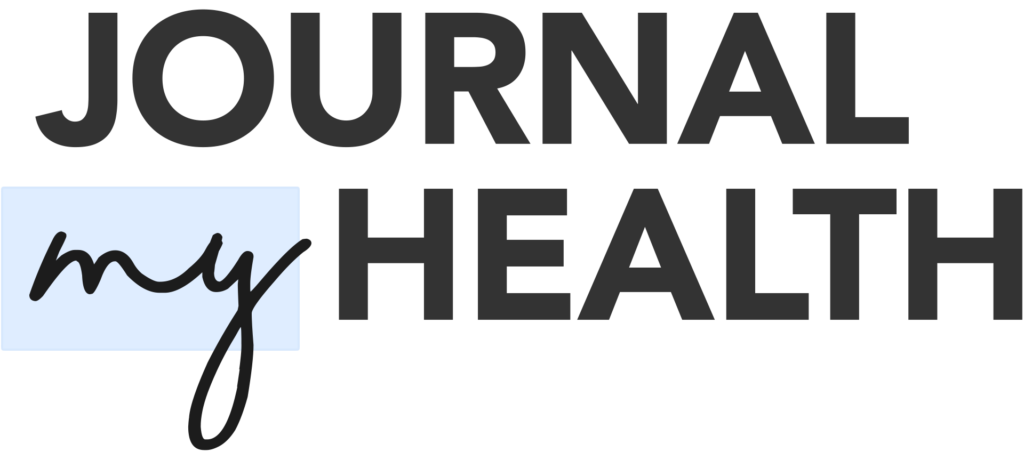Sometimes understanding what is bothering someone and fixing it is pretty easy. Here is an example: They had a recent cold and now their ear hurts. I look into the ear and it is red and swollen. I give them antibiotics and a decongestant and they feel better. Done.
But so much of doctoring is not like this.
As much as we love the simplicity of “I have an infection” or “I have an allergy,” the human body has so many other mechanisms to make us feel bad. When treating “the usual suspects” is not working, the doctor and the patient must think more broadly and in more detail about what is wrong.
A detailed history almost always involves answering these questions:
- How long has this been going on?
- How often do you feel this way?
- What makes it better?
- What makes it worse?
- Have you tried any treatments?
- Have they helped at all?
- Are there any other associations you have noted with your symptoms?
Traditionally, this is done during a conversation between the doctor and the patient at the doctor visit. But sometimes a patient is not really sure of the answers to these questions; the answers are complicated or unclear. But what if a patient had the ability to keep close track of this information over time, leading the patient to a better understanding of the answers to these questions that they could share with their doctor?

Enter Journal My Health, a new mobile app designed for patients to track their symptoms over time. The application allows patients to track any symptom they want, including but not restricted to headache, dizziness, mood, pain, nausea, anxiety, fatigue, rash, heart palpitations, etc. In addition, the app keeps track of any interventions or lifestyle factors that the patient may be involved with, such as diet, medication, physical therapy, chiropractic, alternative supplements, psychotherapy, meditation, or anything else the patient is interested in. Also, the app notes weather fluctuation, syncs to the Apple Watch to follow activity and biometrics such as heart rate and sleep.
With Journal My Health, a person can collect their information over time and then, whenever desired (such as prior to a visit), the app can be used to find correlations between any two tracked items. Does anxiety go up days after alcohol use? Does exercise help reduce joint pain or make it worse? How does stress correlate, or not, with the heart palpitations and does the new medication help? These answers can be powerful clues to understanding what is ailing a person and how to make it better.
Journal My Health brings power to the patient by engaging the patient in the problem-solving process like never before. The patient can help draw their own conclusions and then create a printout of graphed correlations that they think may be significant. The patient can bring this to the visit with their provider to discuss it further, helping nudge the patient-provider team closer toward better health.
Let’s hear it for Patient Power!
Written by Dr. Marta T. Becker, Chief Medical Officer of Journal My Health.

